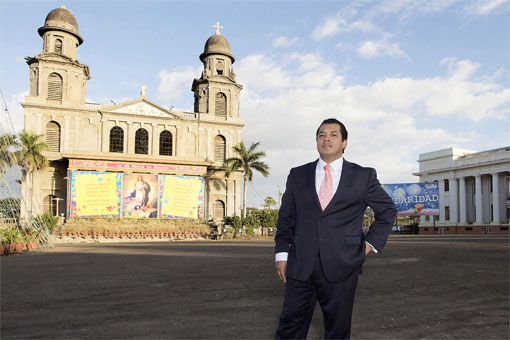When I was 12, I escaped the horrors of war in my country, Nicaragua, by illegally emigrating to the United States. I was not alone. Between 1981 and 1990 more than 1 million Central Americans sought political refuge in the United States from the civil wars and violence that plagued Nicaragua, El Salvador and Guatemala. From an early age I understood the consequences of intolerance, fanaticism and ideological fundamentalism. I also learned that the absence of responsible political leadership destroys communities and families.
I left my country without my parents, but I could still count myself lucky to be alive.
According to conservative estimates, 150,000 lives were lost in Central America during that tragic decade. In Nicaragua, the exact toll has never been officially revealed by authorities, but objectively speaking, it can probably be calculated at around 35,000 dead. Recently, a declassified secret report of the now extinct East German Stasi secret police revealed that Sandinista authorities had reported 19,000 victims between 1980 and 1986. This is a chilling statistic for a country of only 3 million inhabitants at the time. To put this figure into perspective, it is equivalent to the United States losing 3.5 million lives in one war.
I was born in 1976 in northern Nicaragua, in one of the poorest zones in one of the poorest countries in the hemisphere. My family was middle class (my father was a social worker and my mother a small business owner), but the revolution of 1979 and the subsequent civil war devastated my family’s finances. The civil war hit my family beyond the shortages of food and goods. Poverty and need in the war zone didn’t discriminate; middle-class and poor children suffered equally. I was perhaps slightly more privileged: I always had more than one pair of shoes, and at one time I even owned a bicycle.
Revolutions and wars also take tolls in ways that are difficult to gauge. As a student, my father was tortured and imprisoned by the Somoza regime, and when the Sandinistas took power, my mother´s small business was taken over by the new Marxist-Leninist authorities, leaving her bankrupt. Both of my parents suffered in different ways from the polarization of Nicaraguan society at the time. Our circumstances worsened after my father´s accidental death in 1985. He was not yet 33 years old…





